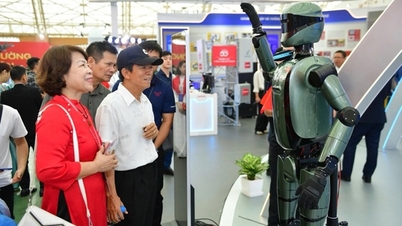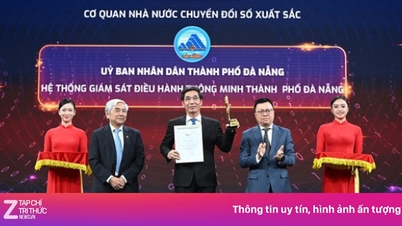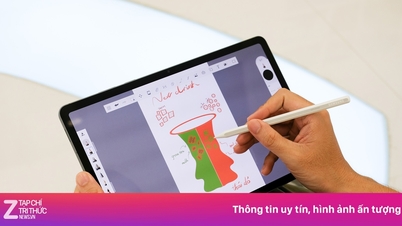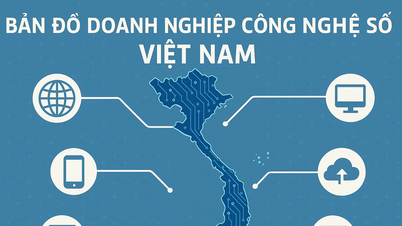
The Android 16 update will also have major changes in the interface (Photo: Fnac).
This new version not only focuses on smartphones but also extends to TVs and virtual reality glasses, with improvements in interface, security and especially the deep integration of Gemini artificial intelligence.
Intuitive interface
One of the most noticeable changes in Android 16 is the completely redesigned user interface.
Google has done away with complicated menus, replacing them with a clean aesthetic, smooth transitions, and dynamic icons that adapt to your usage habits.
Widgets are becoming more interactive, allowing users to quickly perform tasks like checking the weather or replying to messages without opening the app.
The unified search bar on the home screen also helps to quickly search for apps, contacts or settings.
Enhanced security
Mobile security is a top priority in Android 16 with the introduction of a built-in, AI-powered anti-phishing filter.
The system is capable of analyzing suspicious calls, messages, and links in real time. If it detects signs of fraud, users will receive a warning.
This filter also scans downloaded apps and visited websites, helping prevent fraudulent behavior, such as blocking access to fake links asking for bank account verification.
Google's Gemini AI is deeply integrated into Android 16. Unlike traditional voice assistants, Gemini is able to predict needs and offer appropriate solutions. For example, when planning a trip , AI can suggest routes, book hotels, and translate in real time.
Gemini also integrates into native apps: In the photo app, it can recognize objects and automatically edit; in messages, it suggests appropriate responses. Notably, this AI is optimized to consume less battery.
Google Pixel phones will be the first to receive the Android 16 update, expected in the summer of 2025. Other brands like Samsung, Oppo, Xiaomi will roll out the update in the following months, extending to the end of the year.
Users can check compatibility in the phone's "System Update" section. Recent models like the Samsung S25 series or Xiaomi 14 series are likely to be supported.
Android 16 is more than just a regular update, it lays the foundation for a more intuitive, secure, and connected technological future.
However, challenges remain such as update fragmentation across vendors, data privacy concerns as AI is deeply integrated, and compatibility with older devices.
Still, Android 16 promises to make smartphones smarter, safer, and more fun, while also paving the way for Google's more ambitious projects in augmented reality and connected devices.
Source: https://dantri.com.vn/cong-nghe/nguoi-dung-dien-thoai-android-se-duoc-nang-cap-tinh-nang-chong-lua-dao-20250515005433890.htm
































































































Comment (0)